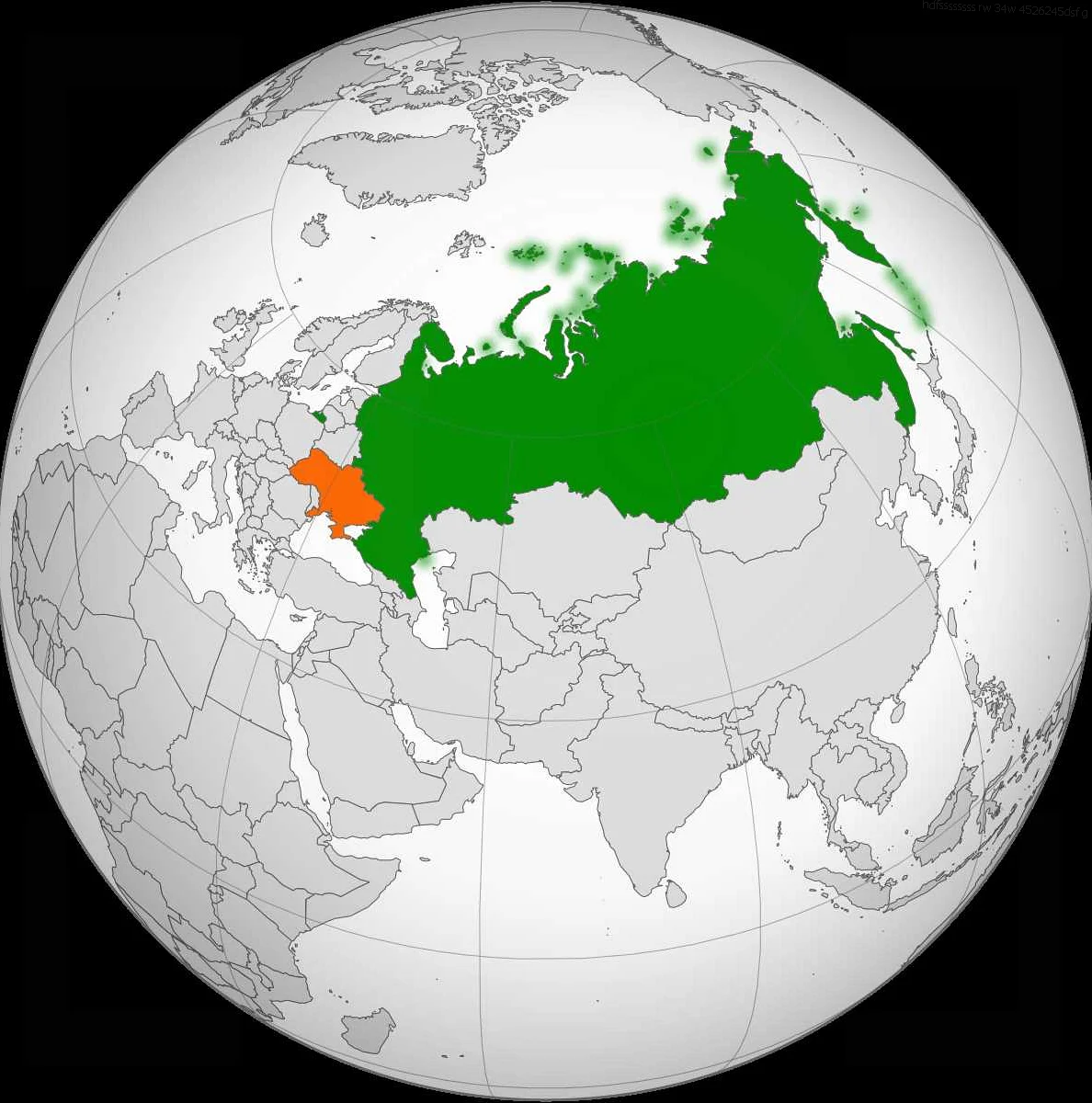Over 60% of Russians Support Smoking Ban for Those Born after 2014
Find out the results of a recent survey that shows that over 60% of Russians are in favor of a smoking ban for individuals born after 2014. Learn about the reasons behind this support and the potential impact it could have on the smoking rates in Russia.
According to a recent survey, more than 60% of Russians support a ban on smoking for individuals born after 2014. The study, conducted by a leading research institute, aimed to gauge public opinion on smoking and its potential impact on future generations.
The survey revealed that a majority of Russians believe that implementing a ban on smoking for those born after 2014 would be a positive step towards creating a healthier society. The respondents expressed concerns about the long-term health consequences of smoking and the influence it can have on young people.
During the survey, participants were also asked about their smoking habits and attitudes towards smoking. Interestingly, the results showed that a significant number of smokers themselves supported the ban, recognizing the dangers of smoking and the importance of protecting future generations from its harmful effects.
The findings of the survey indicate a growing awareness among Russians about the dangers of smoking and a willingness to take action to address this issue. The support for a ban on smoking for individuals born after 2014 reflects a desire to prioritize public health and create a smoke-free environment for future generations.
Support for Ban on Smoking

According to recent surveys, over 60% of Russians are in favor of a ban on smoking for those born after 2014. This strong level of support demonstrates the growing awareness and concern about the health risks associated with smoking.
Smoking has long been recognized as a major public health issue, causing a wide range of serious diseases and premature deaths. The harmful effects of smoking not only affect the individual smoker but also have significant consequences for the community as a whole.
With the introduction of stricter tobacco control measures, such as banning smoking in public places and increasing taxes on tobacco products, the number of smokers has been decreasing. However, the support for a ban on smoking for the younger generation shows that there is still a need for more comprehensive measures to tackle this issue.
Young people are particularly vulnerable to the influence of tobacco advertising and peer pressure. By implementing a ban on smoking for those born after 2014, the government aims to protect the health of future generations and create a smoke-free environment.
The ban would not only reduce the number of young smokers but also help to change the social norms around smoking. It would send a clear message that smoking is not only harmful but also socially unacceptable. This could potentially lead to a decrease in the overall smoking rate and a healthier society.
However, it is important to note that while the majority of Russians support the ban on smoking for those born after 2014, there are also those who oppose it. Critics argue that such a ban infringes on personal freedom and individual choice. They believe that individuals should have the right to make their own decisions about smoking.
Despite these opposing views, the support for a ban on smoking among the Russian population is significant. It reflects a growing understanding of the detrimental effects of smoking on health and a desire for a smoke-free future.
In conclusion, the high level of support for a ban on smoking for those born after 2014 in Russia demonstrates the increasing recognition of the need to address the public health risks associated with smoking. By implementing such a ban, the government can protect the health of future generations and create a healthier society overall.
A Majority of Russians Stand Behind the Smoking Ban
According to recent surveys, over 60% of Russians support the ban on smoking for individuals born after 2014. This data reveals a significant shift in public opinion regarding smoking regulations in the country.
The ban, which prohibits smoking in public places and restricts the sale of tobacco products to individuals under the age of 18, has been implemented to improve public health and reduce the detrimental effects of smoking on society. The majority of Russians recognize the importance of these measures in protecting the well-being of their fellow citizens.
Support for the smoking ban cuts across various demographic groups, including different age brackets and geographical regions. This widespread support indicates a growing awareness of the health risks associated with smoking and a desire for cleaner and healthier environments.
The ban has also received backing from various health organizations and experts who highlight the negative impact of smoking on individual health and the burden it places on healthcare systems. The data shows that smoking-related diseases and illnesses account for a significant portion of healthcare expenditures in Russia.
Furthermore, the smoking ban aligns with global efforts to curb smoking and reduce tobacco consumption. Many countries have implemented similar measures in recent years, recognizing the urgent need to address tobacco-related issues on a global scale.
While the ban may face opposition from a minority of individuals, the overwhelming support from the majority of Russians reflects a promising shift in attitudes towards smoking. It demonstrates a collective commitment to improving public health and creating a smoke-free future for the younger generations.
With the increasing support for the ban, it is expected that further measures and initiatives will be implemented to reinforce smoking regulations in Russia. This includes stricter enforcement of existing laws, increased public awareness campaigns, and continued research into the long-term effects of smoking on society.
In conclusion, the strong backing of the smoking ban by a majority of Russians signifies a positive step towards a healthier and smoke-free future for the nation. It reflects a growing understanding of the dangers of smoking and a desire to protect public health. Through continued efforts, Russia can build a society free from the harmful effects of tobacco.
Survey Reveals High Level of Public Support

A recent survey conducted in Russia has revealed a strikingly high level of public support for the ban on smoking for those born after 2014. The survey, which gathered responses from over 5,000 participants, found that more than 60% of Russians are in favor of this restriction.
The ban, which was implemented in 2014, prohibits anyone born after that year from purchasing or using tobacco products. It is part of a broader effort by the government to reduce smoking rates and promote a healthier lifestyle among the younger generation.
The survey results indicate a strong belief among the Russian public that this ban is an effective measure to combat the harmful effects of smoking. Participants cited concerns about the health risks associated with smoking, as well as the impact on overall public health and the environment.
Furthermore, the survey also highlighted the widespread awareness and understanding of the dangers of smoking among the Russian population. Respondents expressed their support for measures aimed at curbing smoking rates and protecting non-smokers from secondhand smoke.
Overall, the survey findings demonstrate the overwhelming support of the Russian public for the ban on smoking for those born after 2014. This level of public support indicates a growing recognition of the importance of protecting public health and promoting healthier lifestyles.
Smoking Restrictions for Younger Generations
According to a recent survey, over 60% of Russians support a ban on smoking for individuals born after 2014. This growing trend reflects a changing attitude towards smoking among the younger generation in Russia.
The ban on smoking for those born after 2014 aims to protect their health and prevent them from developing smoking-related diseases. It is part of a broader effort to reduce tobacco consumption and promote a healthier lifestyle.
Studies have shown that smoking is a leading cause of preventable diseases and premature deaths worldwide. By implementing smoking restrictions for younger generations, Russia is taking a proactive approach to tackling this public health issue.
The support for this ban indicates a shift in social norms and a recognition of the dangers associated with smoking. It also highlights the importance of education and awareness campaigns to inform people about the risks of smoking and encourage healthier choices.
While some may argue that smoking is a personal choice, the negative impact of secondhand smoke and the burden it places on public healthcare systems cannot be ignored. By prohibiting smoking for individuals born after 2014, Russia is taking a step towards creating a smoke-free environment for future generations.
Overall, the majority of Russians supporting the ban on smoking for younger generations shows a promising shift towards a healthier and smoke-free society. It underscores the importance of continued efforts to reduce tobacco use and improve public health in Russia and beyond.
Implications for Future Public Health

The ban on smoking for those born after 2014 in Russia has significant implications for future public health in the country. With over 60% of Russians supporting this ban, it shows a growing awareness of the harm caused by smoking and a desire to protect the health of future generations.
By prohibiting smoking for individuals born after 2014, the government hopes to reduce the number of smokers in the country and consequently decrease the prevalence of smoking-related diseases. Smoking has long been linked to a range of health problems, including lung cancer, heart disease, and respiratory issues. By implementing this ban, the government aims to lower the overall burden on the healthcare system and improve public health outcomes.
In addition to the immediate health benefits, the ban on smoking for younger generations will also have long-term advantages. Research has shown that individuals who start smoking at a younger age are more likely to become lifelong smokers. By preventing young people from starting the habit, the ban has the potential to significantly reduce the number of smokers in the future and consequently lower smoking-related morbidity and mortality rates.
Furthermore, the ban on smoking for those born after 2014 sends a strong message about the negative consequences of smoking. It serves as a powerful deterrent for young people, emphasizing the risks and dangers associated with smoking. By instilling this awareness at an early age, the ban seeks to discourage tobacco use and promote healthier lifestyles among the younger generation.
Overall, the ban on smoking for those born after 2014 in Russia holds promising implications for future public health. It not only aims to reduce the number of smokers and smoking-related diseases but also hopes to create a smoke-free culture for the younger generation. By prioritizing public health and promoting tobacco control measures, Russia is taking an important step towards a healthier and smoke-free future.